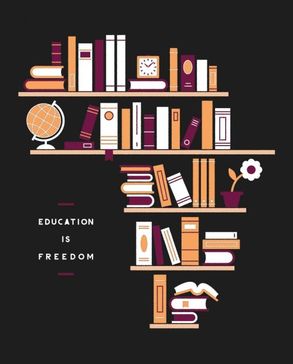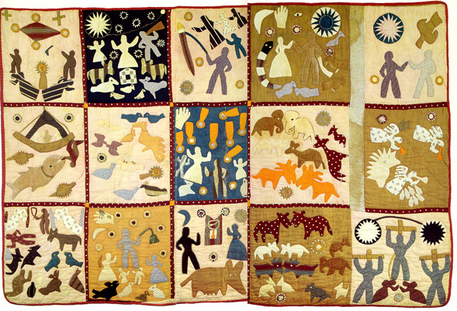 Source: sevenly.com
Source: sevenly.com The discussion took place in November 1995, in a panel convened at the African Studies Association conference to respond to an article by Phillip Curtin, the eminent African history scholar, published in March in the academic magazine Chronicle of Higher Education. In the piece entitled "Ghettoizing African History," Curtin offered anecdotes of hiring practices that, in his view, were reducing African history scholarship to a “ghetto,” because American universities were reserving African history positions for faculty on the basis of their black skin, rather than on their competence.


 RSS Feed
RSS Feed
